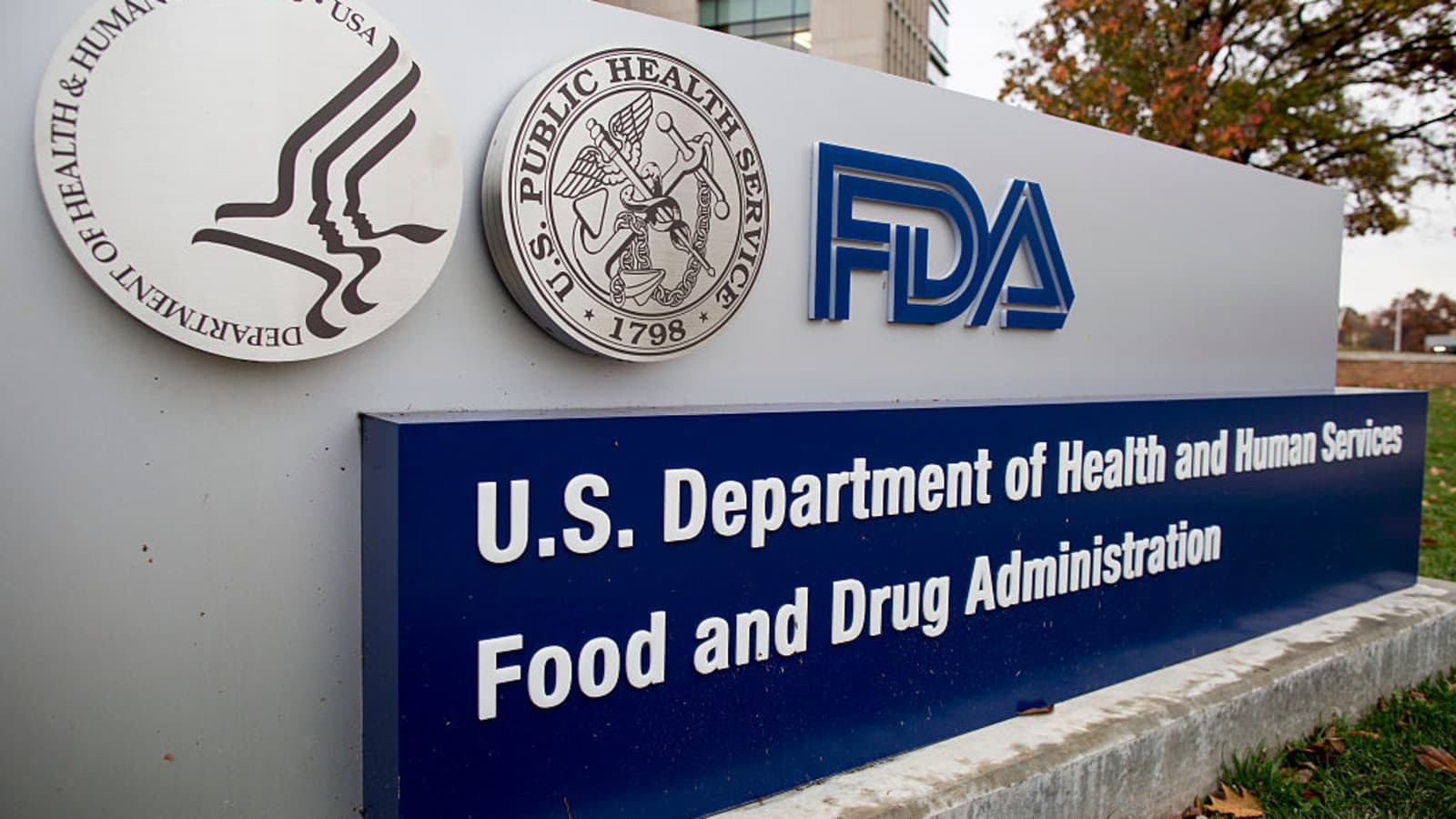The U.S. Food and Drug Administration (FDA) has officially canceled its approval for COVID monoclonal antibody treatments developed by Regeneron Pharmaceuticals and Eli Lilly, according to Forbes.
The agency made the decision after it found that those therapies were ineffective against Omicron. Some hospitals even decided to stop offering the treatments.
Dr. Patrizia Cavazzoni, Director of the Center for Drug Evaluation and Research at the FDA, said in a statement that Regeneron’s REGEN-COV treatment and Eli Lilly’s bamlanivimab and etesevimab treatment are no longer authorized by the FDA.
She said the treatments are “highly unlikely to be active against the omicron variant,” which currently accounts for 99.5% of U.S. cases.
Dr. Cavazzoni said, “The decision, made on the basis of new data, avoids exposing patients to side effects of the treatments, including potentially serious allergic reactions.”
The FDA’s move came less than a month after its December 23 decision to temporarily halt the distribution of Regeneron and Eli Lilly’s treatments due to their ineffectiveness.
Dr. Cavazzoni highlighted that other treatments, including Pfizer’s Paxlovid (nirmatrelvir and ritonavir), have retained FDA approval. Those drugs are expected to perform well against the Omicron strain.
She said, “Regeneron and Eli Lilly’s treatments may be re-authorized if a variant they’re effective against becomes common again.”
Research has found that monoclonal antibody therapies help prevent serious illness or hospitalization among high-risk COVID patients by boosting the body’s natural immune response.
Previous studies have shown that Regeneron and Eli Lilly’s therapies worked against previous variants of the virus, including Delta. However, Omicron’s mutation in a spike protein targeted by the therapies all but eliminated their effectiveness.
A month before the FDA’s announcement to rescind the approval, a few hospitals, including NewYork-Presbyterian Hospital, had voluntarily stopped offering the treatments.
The U.S. Centers for Disease Control and Prevention (CDC) said sotrovimab, another monoclonal antibody treatment made by GlaxoSmithKline (GSK) and Vir Biotechnology, appears to still work against Omicron.
On January 14, the World Health Organization (WHO) recommended sotrovimab to treat patients with COVID-19, adding that the drug can save lives.
However, hospitals in New York, Maine, Texas, and other states have been facing shortages of the drug. Earlier this month, GSK announced that the federal government had agreed to purchase an additional 600,000 doses.























